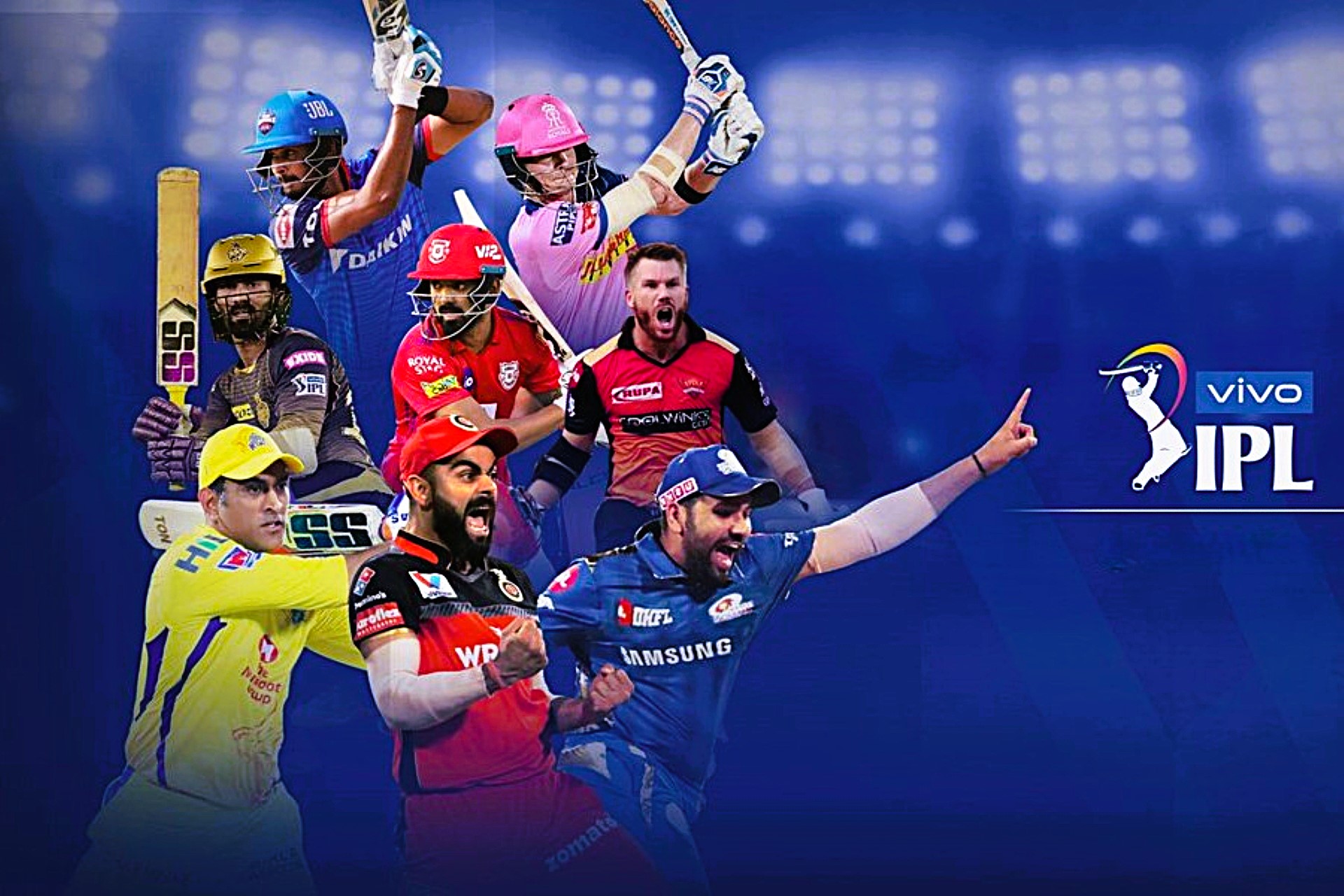Gambling is a popular form of entertainment worldwide, and India is no exception. Whether it’s betting on sports, playing cards, or visiting a casino, millions of Indians participate in various forms of gambling. However, when it comes to gambling in India, the legal landscape is complicated and can be quite confusing. In this article, we will dive deep into the legal risks of gambling in India, exploring the laws, regulations, and challenges that surround this activity. From understanding the legal framework to examining the risks involved, we’ve got you covered.
Understanding the Legal Framework of Gambling in India
Before diving into gambling, it’s crucial to grasp how the law in India addresses this activity. Gambling laws in the country are not straightforward, and they can be quite intricate due to India’s diverse legal system. The complexity arises from the combination of colonial-era laws, state-level regulations, and evolving modern-day legal interpretations. Understanding this framework is key to ensuring that you’re not unknowingly breaking any laws when engaging in gambling activities.
At the heart of gambling regulation in India is the Public Gambling Act of 1867, which was introduced during British colonial rule. This law was intended to curb gambling and prohibit the operation of gambling houses. It makes it illegal to run a gambling business or participate in gambling in most parts of India. However, there’s an important distinction here: the Act was created before the internet age, and thus doesn’t specifically address the issue of online gambling, leaving this area somewhat unregulated. This results in confusion and ambiguity, especially when it comes to digital or online platforms where gambling is often operated from abroad, out of the reach of Indian authorities.
Beyond the Public Gambling Act, India’s state-level laws have an even more significant impact on gambling practices. Each state in India has the autonomy to either prohibit or regulate gambling as it sees fit. For example, states like Goa, Sikkim, and Daman have legalized certain forms of gambling, such as casinos, while many other states impose a complete ban on gambling activities. Some states also have their own laws regarding lotteries and sports betting, leading to a fragmented approach to gambling laws across the country. This variation makes it important for individuals to be aware of the specific laws of the state in which they reside or plan to engage in gambling, as it can differ significantly from state to state.
The Public Gambling Act of 1867
The Public Gambling Act of 1867 is one of the most significant pieces of legislation regulating gambling in India. It was introduced during the British colonial period and primarily aims to prohibit the operation of gambling houses and participation in gambling activities throughout the country. This law is federal, meaning it applies uniformly across India. However, despite its historical importance, the Act has limitations, particularly in addressing modern issues like online gambling, which was not prevalent at the time.
| Aspect | Description | Impact on Gambling | Limitations |
| Prohibition of Gambling | The Act prohibits the operation of gambling houses and participation in gambling activities across India. | It criminalizes gambling in public places and private gambling establishments, leading to fines and imprisonment for violators. | The Act doesn’t specifically address modern gambling formats like online betting and digital casinos, creating legal ambiguities. |
| Federal Law | The Act applies to all of India, and it overrides any state laws that might attempt to legalize gambling in their jurisdictions. | This ensures that gambling is banned uniformly across the majority of states, except in states where exceptions exist (e.g., Goa, Sikkim). | States with legalized gambling can create exceptions, causing a lack of uniformity and legal complexity. |
| Penalties for Violation | Anyone caught running a gambling house or participating in gambling activities can face fines or imprisonment. | The law aims to discourage gambling by imposing criminal penalties, including jail time for those caught in violation. | The penalties can be severe, but the law’s vague stance on online gambling allows some illegal activities to operate in a grey area. |
| Lack of Online Gambling Provisions | The Act was drafted in the 19th century and does not address online gambling activities, such as online poker, sports betting, or virtual casinos. | This leaves online gambling in a legal grey area where many platforms operate without clear regulation or oversight. | The Act is outdated in the context of digital gambling, leading to confusion about whether online gambling is illegal or merely unregulated. |
The Role of State Governments in Gambling Laws
In India, gambling laws are not solely governed by federal legislation. Instead, the Indian Constitution grants individual states the power to regulate gambling within their borders. This decentralized approach means that while some states have chosen to impose strict bans on gambling activities, others have embraced a more liberal stance and legalized certain forms of gambling under specific conditions. This state-level regulation leads to a patchwork of gambling laws across the country, creating both opportunities and challenges for those interested in gambling.
- State Autonomy in Gambling Regulation
- States have the power to decide whether gambling activities should be legalized, regulated, or prohibited within their borders.
- The Constitution of India gives states the authority to enact their own laws related to gambling, resulting in significant variations in gambling rules across the country.
- Legalized Gambling in Certain States
- Some states have chosen to legalize and regulate specific forms of gambling, creating controlled environments for both local and tourist populations.
- For example, Goa is famous for its casinos, both onshore and offshore, while Sikkim has legalized both casinos and online gambling, with specific regulatory frameworks in place.
- Daman is another example of a state where casino gambling is permitted.
- State Restrictions on Gambling
- Many other states, including Maharashtra, Tamil Nadu, and Delhi, have chosen to maintain strict bans on gambling, including casinos, sports betting, and online platforms.
- These states may impose heavy penalties for any form of gambling, and local law enforcement is responsible for enforcing these bans.
Types of Gambling in India
Gambling in India comes in various forms, and each type has distinct legal implications. Below is a detailed look at the major forms of gambling in India, along with the associated risks. The table summarizes the types of gambling, their legal status, and the risks involved.
| Type of Gambling | Description | Legal Status | Risks Associated | Additional Notes |
| Casino Gambling | Casinos involve various games like roulette, blackjack, and poker. | Legal in states like Goa, Sikkim, and Daman. | State Restrictions: Not all states allow casinos, and if you’re caught in a state where it’s illegal, you may face legal consequences. Regulation Issues: Even in states where casinos are legal, there can be limited regulation, leading to exposure to scams or unfair practices. |
Visitors in legal casino states must follow state-specific rules and regulations. |
| Sports Betting | Betting on various sports, especially cricket, is widespread. | Mostly illegal under the Public Gambling Act, except in states where specific exceptions are made. | Criminal Charges: Betting in states where it is prohibited can lead to hefty fines or imprisonment. Lack of Consumer Protection: Without clear regulation, online sports betting platforms can be unreliable, potentially exploiting gamblers. |
Despite its popularity, sports betting is not widely legalized in India, leading to unclear legal enforcement. |
| Online Gambling | Involves gambling via websites or mobile apps for games like poker, blackjack, and online sports betting. | Unregulated in India; no specific laws governing online gambling. | Legal Ambiguities: As online gambling is not explicitly addressed by Indian laws, there is confusion about its legal status. Fraudulent Platforms: The lack of regulation increases the risk of encountering unreliable, fraudulent gambling platforms. |
Some states may have informal laws, but a lack of national regulation creates risks for participants. |
| Lottery Gambling | Lotteries are forms of gambling where participants purchase tickets for a chance to win a large prize. | Legal in states like Kerala, Goa, and Sikkim, but varies significantly across states. | State-Specific Laws: In states where lotteries are banned, participating can result in fines or criminal penalties. Addictive Nature: Lotteries can encourage compulsive gambling, leading to addiction in some players. |
While legal in certain states, the lack of uniformity means you need to be aware of local laws to avoid legal trouble. |
Legal Risks of Gambling in India
- Criminal Penalties
- Imprisonment or Fines: The Public Gambling Act of 1867 criminalizes gambling activities in most of India. If you are caught gambling in a state where it is illegal, you may face serious criminal penalties, including heavy fines or imprisonment.
- State-Specific Penalties: Different states have their own laws and penalties, which could be more severe than the federal laws. If gambling is prohibited in your state, any involvement in gambling activities, whether online or offline, can lead to legal action.
- Illegal Gambling Houses: Operating or participating in an illegal gambling house is considered a criminal offense, and those involved can be penalized under the law.
- Legal Ambiguities
- Unclear Regulations on Online Gambling: One of the primary legal risks stems from the lack of clear regulations on online gambling. Indian law does not specifically address online betting or digital casinos, creating a legal grey area. This makes it unclear whether online gambling activities are illegal or merely unregulated.
- State Variability: Even within states where gambling is regulated, the laws vary. What may be legal in one state could be illegal in another, leading to confusion among residents and tourists alike. The absence of a national standard for gambling regulation only adds to the legal ambiguity.
- Extraterritorial Jurisdiction: Many online gambling sites are based overseas, further complicating the legal standing of Indian gamblers. Participating in gambling on international websites may not be directly illegal, but it operates in a grey zone that is often hard to navigate legally.
- No Consumer Protection
- Lack of Regulations: Since gambling laws differ across states and online gambling is largely unregulated, there is no uniform consumer protection framework. This leaves gamblers vulnerable to scams, fraud, and unfair practices, especially when dealing with unlicensed gambling platforms.
- Online Scams: Many online gambling platforms operate without any regulatory oversight, which can lead to fraudulent sites that take advantage of players. Without a central body regulating these platforms, gamblers have no official recourse if they are scammed.
- Casino and Sports Betting Risks: In some states, casinos and sports betting may be legalized, but there might be limited oversight. This lack of regulation can expose gamblers to the risk of manipulation or dishonest practices by operators.
The State of Gambling Laws in Different Indian States
| State | Casino Gambling | Sports Betting | Online Gambling | Lotteries |
| Goa | Legal | Illegal | Unregulated | Legal |
| Sikkim | Legal | Illegal | Unregulated | Legal |
| Maharashtra | Illegal | Illegal | Unregulated | Illegal |
| Delhi | Illegal | Illegal | Unregulated | Illegal |
| Tamil Nadu | Illegal | Illegal | Unregulated | Illegal |
How to Stay Safe While Gambling in India
Gambling in India comes with inherent risks, but there are several ways to protect yourself and minimize these dangers. By staying informed and taking proactive steps, you can enjoy gambling in a safer and more responsible manner.
The first essential step is to know the gambling laws in your state. Laws vary significantly from one state to another, with some states allowing certain forms of gambling while others impose strict bans. It’s crucial to familiarize yourself with the local regulations that apply to casinos, online gambling, and sports betting, so you don’t inadvertently break any laws. For example, while states like Goa and Sikkim have legalized casinos and online gambling, other states have no such provisions, and gambling may be completely illegal. Understanding the legal framework in your area will help you avoid unnecessary legal trouble.
Secondly, if you choose to gamble online, it is vital to use only licensed and regulated platforms. Online gambling is largely unregulated in India, which increases the risk of encountering fraudulent or unreliable sites. By sticking to platforms that are licensed by recognized authorities, you can ensure that your personal information and money are secure. Licensed platforms often adhere to strict security standards and offer better protection for players, making them a safer choice compared to unregulated alternatives. Always verify the legitimacy of a site before making any deposits or placing bets.
Lastly, while sports betting, especially on cricket, is incredibly popular in India, it is also mostly illegal under Indian law. If you decide to participate in sports betting, you must be aware of the legal risks involved. Ensure that you are not violating any laws in your state by engaging in sports betting, as the penalties can be severe. Additionally, gambling can become addictive, so it’s important to set personal limits on how much you are willing to risk. Knowing when to stop and never gambling money you cannot afford to lose is key to avoiding the negative consequences of gambling. If you find yourself or someone close to you struggling with gambling addiction, there are many support groups and counseling services available to help manage and recover from this issue.




